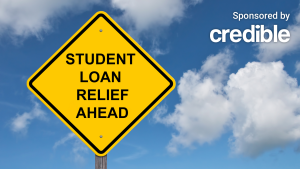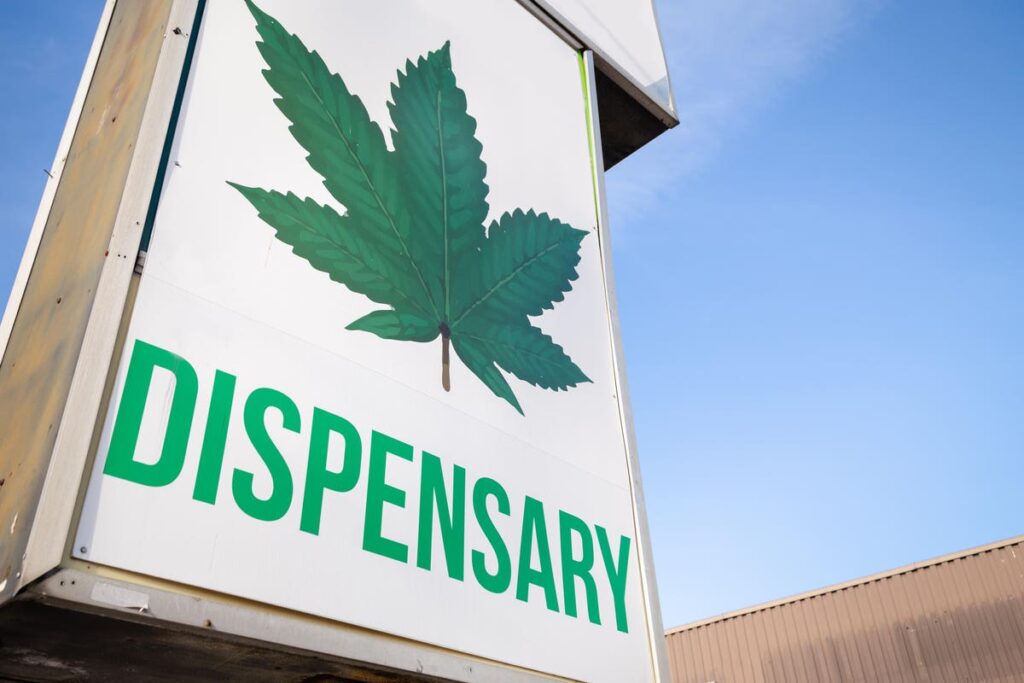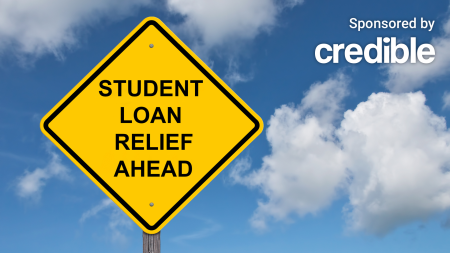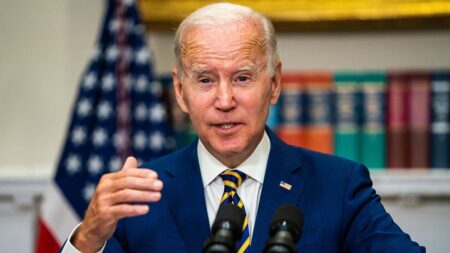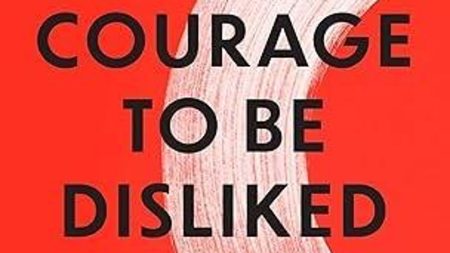America May Now Be in a Youth-Cession: Consumers Over Age 60 Are Propping Up the Economy
A big factor in the recent spending patterns is Social Security. Is America going into a recession or not? That depends on who you ask, and how old they are. Consumer households from their 20s to their 50s are now spending sharply less on their credit and debit cards than they were a year ago reports Bank of America. At this point it’s mostly those over 60, and especially those over 80, who are still propping up the economy. Call it a “youth-cession”. The oldest generation, the “traditionalists,” or “the silent generation”, spent 5% more on their cards in the last month than they did during the same period a year ago. This is the generation born before 1946, meaning they are now 78 or older. For boomers, spending rose too, but only some 2%. Meanwhile Generation X, millennials and Gen Z are spending about 2% less than a year ago. Gen X spending has only just tumbled into the red. [MarketWatch]
Cannabis Sellers Are Still Using Prohibited Payment Workarounds
Even under threat of thousands of dollars in daily fines, some marijuana merchants still use a form of checkout that’s designed to hide the nature of the payment from card companies and the authorities. Called cashless ATMs, the payment option resembles a normal terminal placed at the point of sale and enables merchants to indirectly support debit card payments. Visa and Mastercard explicitly prohibit cashless ATMs, with automatic remote shutdowns at retailers dating to at least 2014. But payment executives say the rogue transaction method is alive and well, partly due to the uncertain regulatory status of cannabis itself. Payment experts say part of the problem is that some sellers don’t fully understand the legal risks of cashless ATMs, or they’re using cashless ATMs by another name, such as scrip terminals, point of banking or even “debit.” [American Banker]
Fed’s Interest Rate Pause Won’t Provide a Reprieve for America’s Nearly $1 Trillion of Credit Card Debt
The Federal Reserve’s decision to pause raising its benchmark interest rate is no pause for the anxiety of Americans eyeing ballooning credit card bills. Even if the Fed rate decision prompts a pause on rising credit card annual percentage rates, Americans must still grapple with all of that interest-bearing debt. Households had $986 billion in credit card debt through the first quarter of 2023, according to the Federal Reserve Bank of New York. That’s up 17% from $841 billion over the same period last year. People carrying a card balance month-to-month averaged 20.92% APRs in the first quarter of the year, up from 16.17% at the same last year, according to Fed data. [MarketWatch]
CFPB Warns About Side Effects of Using Medical Credit Cards, Loans
Americans facing increasing health care costs are being lured into using alternative debt financing products like medical credit cards and medical installment loans that can come with some costly side effects, the CFPB said in a report. These alternative debt instruments can carry interest rates above 25%, according to the CFPB, which register significantly higher than the typical 20% annual percentage rate traditional credit cards are currently charging. Rather than removing financial stress, medical debt credit cards or loans may add to it because they could lead to decreased access to credit, costly and lengthy collection litigation, and an increased chance of bankruptcy. [Fox Business]
93% of Credit Card Users Like It When Their Bank Supports Local Charities
A PYMNTS study found those who spend the most on their credit cards each month tend to be more involved with their local communities and exhibit a greater interest in their FIs’ involvement with and support of community organizations. For these consumers, the interest in an FI’s community involvement is great enough to influence where they keep their accounts. [PYMNTS]
Chase Unveils the Freedom Rise Card for New-to-Credit Customers
Chase Bank has announced the launch of the Chase Freedom Rise, a no-annual-fee rewards card that’s specifically designed for those who are new to credit. The card earns a flat 1.5% cash back on all purchases and those who have a Chase checking account with at least a $250 balance will have the best chance of approval. Unlike the other Chase Freedom cards, there are no bonus categories to speak of. Cardholders can earn $25 by enrolling in autopay within their first three months with the card. They can also check their credit score for free with Chase Credit Journey and access educational resources to help them reach their credit-building goals faster. [Forbes]
Nearly 80% of Gen Z and Millennials Are Trying to Improve Their Credit, Yet Most Don’t Know Where to Start
Credit is a foundational pillar of financial well-being, and most young people realize that. According to research recently released by Experian, 79% of millennials and Gen Zers are actively trying to increase their credit score now rather than putting it off for later. At the same time, most of these consumers (52%) don’t know how to start building credit. [CNBC]
Given Mobile Payments, Are We Moving Towards a Cashless Society?
Despite the benefits, the move to a cashless society is fraught with difficulties and problems. One impediment to mobile payments is the digital gap, which occurs when not everyone has access to smartphones or stable internet connectivity. Payment digitization raises privacy and security concerns, as personal and financial data are subject to cyber threats. Furthermore, reliance on digital payment infrastructure raises worries regarding system breakdowns and technical dependability. While mobile payments are convenient, financial inclusion and accessibility must be addressed in order for a cashless society to be inclusive. Efforts should be made to give underserved communities and those living in rural places with access to digital payment systems. Improving connection, encouraging financial awareness, and creating relationships between financial institutions and mobile network carriers are all part of this. [Finance Magnates]
The Top 15 Features People Want in Their Mobile Banking App
According to the research, the top five mobile banking priorities for U.S. users are: view account transactions, including transaction detail; cancel lost or stolen card; view account balance; access digital account documentation e.g., statements, proof of balance; suspend or block all debit or ATM card transactions. [The Financial Brand]
Taco Bell Fined for Violating California Gift Card Laws
Fast food chain Taco Bell has been ordered to pay thousands for allegedly denying customers the right to cash out gift cards valued at less than $10. The ruling ordered Taco Bell Corporation and its subsidiary, GCTB LLC, to pay $85,500 for violating California’s gift card law. According to California Civil Code 1749.5, the owner of a gift card with a balance of less than $10 can obtain a refund from the merchant if they do not wish to spend the remaining balance. [KXAN]
A Look at the Current Market for Private Label Credit Cards
Although buy now, pay later has grown in popularity, due to its similar offering of purchasing via installment payments, this option does not pose a threat to private label cards, says an analyst for Javelin Strategy & Research. BNPL instant financing doesn’t give you the same type of rewards or loyalty benefits that you can get from a private label store card. They also don’t necessarily have the same kind of promotional offer that you could get on private label store cards. That’s why we don’t really see the by now pay later as a true threat to the store card product because it’s missing out on some of those loyalty and reward offerings that you can get with the store credit cards. [Payments Journal]
Read the full article here

